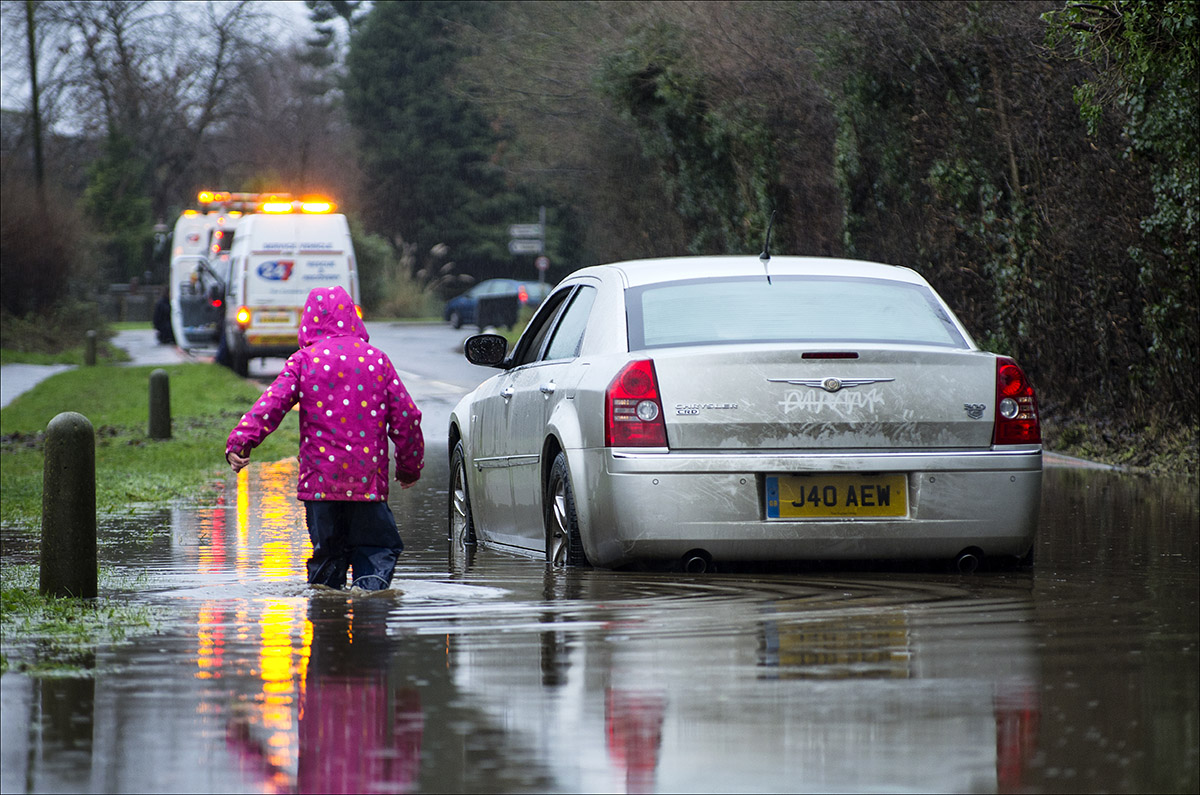
Wind, rain and waves continue to batter and flood the UK after years of environmental neglect. Floodwater also contains sewage, which when dumped into the Thames after sewer flooding breaches EC water treatment directives. But environmentalists claim the £4.8bn Thames Tideway Tunnel should be scrapped in favour of sustainable alternatives.
Phil Stride, head of the Thames Tideway Tunnel, however, says that SuDS should be used in conjunction with the Thames Tideway Tunnel, rather than as an alternative solution to tackle discharges into the tidal River Thames. The proposal is for a storage and transfer tunnel, the width of three London buses, to be constructed 15 miles long under the Thames to capture the many millions of tonnes of sewage that regularly flows into the capital’s river and which can now occur after as little as two millimetres of rainfall. This year there have already been 13 discharges from the Mogden and Hammersmith sewage plants in West London alone. Without a solution huge fines will be imposed on the UK by the ECJ.
Former Ofwat boss Sir Ian Byatt warned the House of Lords that the project’s cost, at 3 times more than its original budget, “could go wrong” in the hands of Thames Water, a privatised monopoly with a track record of tax avoidance. After returning £3.6bn to its shareholders since 2000 rather than setting any aside, Thames Water is now claiming the vastly inflated cost from its customers, while engineering contractors and accountancy firms await lucrative contracts at the public’s expense. Thames Water is owned by Macquarie, an Australian investment bank, and other investment funds.
However Thames Water has only spent £200,000 in researching alternatives while splashing out £100m on the “supersewer” project, according to Private Eye magazine. The alternative is that SuDS and green infrastructure, such as green roofs, detention basins, infiltration trenches, swales and underground storage can prevent the tonnes of sewage entering the river through combined sewer overflows (CSOs). The example of other cities using SuDS to tackle their CSO problems, such as Philadelphia, is used to support this argument.

More Stories
Top 3 most laughable stories in The Guardian today
Covid19 is here forever – unless we mend our selfish ways
Owen Smith to be replaced by Dusty Bin from 3-2-1